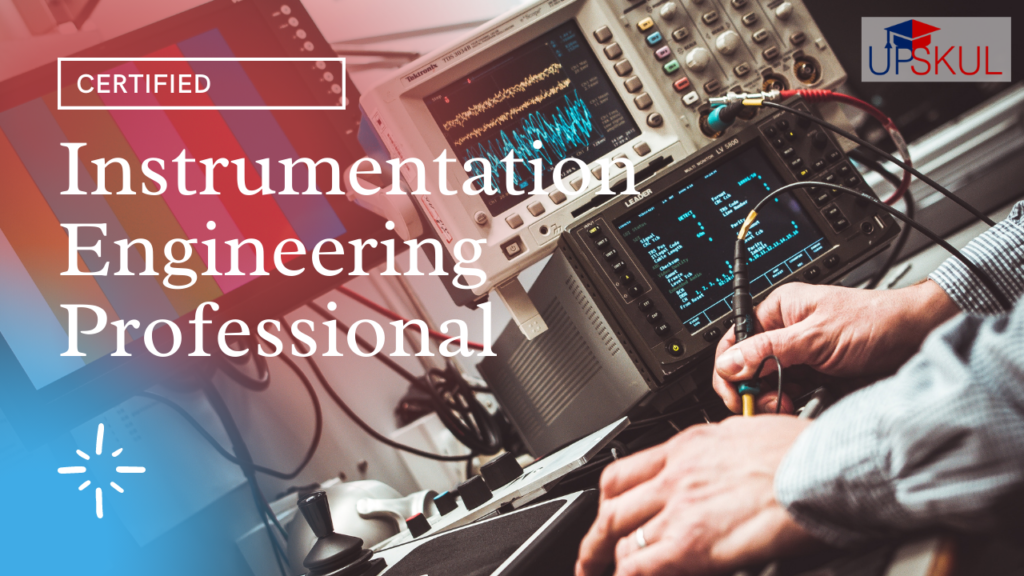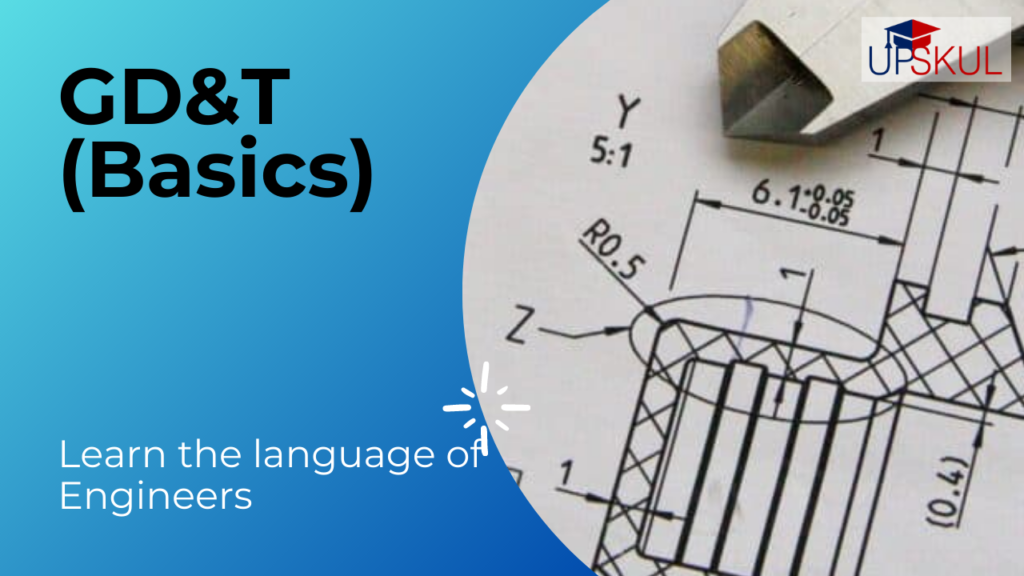Certified industrial instrumentation professional
For any continuous Process Plant and automated manufacturing facilities, Instrumentation Engineer is very necessary, to design, erect, test, commission, operate, maintain and trouble shoot the Plant Instrumentation and automation systems.
The training programme provides a structural study of Process Instrumentation and Automation philosophy.
The training covers the study of various instrumentation used to sense, transducer, measure, indicate, transmit and control the complex process Instrumentation and automation systems in the Plant with easy to understand examples.
Why Skill Training in Industrial Instrumentation
-Vast Institute and Industry gap as also vast demand supply gap.
-University curriculum provides you Certificate/Diploma but very less employability skills which is just not sufficient to star working as a professional Instrumentation Engineer or even landing into a decent industry job.
– Most Engineering Institute curricula ignore the practical instrumentation topics as required by the industry.
To achieve this you need:
Fundamentals and essentials of field and control system engineering and knowledge of tools, procedures and methodologies for efficient implementation of Instrumentation and automation systems.
Instrumentation engineers need a thorough understanding of the operational processes of an industrial process to design and implement a process specific automatic control system for optimum process performance with utmost safety.. They have a multidisciplinary role, working closely with their electrical and mechanical colleagues across a number of functions, including operations, purchasing and design.
Programme Presentation:
The training is presented with an Instructor driven on line mode. The instructor walks the trainees throughout the training scheme into a virtual Industry set up sharing his/her own industrial experiences with examples and case studies and make the training easily palatable and understandable to trainees.
Course training is basically focused on the easy to understand applicable instrumentation concepts rather than going into underlying theory subjects.
Training Focus will be on working principles of instrumentation, their industrial applications in Project execution, commissioning, operation, maintenance of industrial instrumentation systems.
And most importantly give trainees the initiation to factory, site scenarios and make them genuinely job ready to adapt and take up the industrial jobs with more or less no site training by the employer organizations.
Trainees will be trained to take up their job responsibilities equivalent to any experienced instrumentation Engineer engineer.



